
Newspapers for sale are display in a rack at a Washington magazine and newspaper stand, Monday, June 11, 2018. There’s substantial agreement on what Americans want from the news media and what journalists want to report, according to a pair of studies that also reveal a troubling caveat: a nagging feeling among both the ideal isn’t being met. (AP Photo/Manuel Balce Ceneta)
The New York Times has been all but silent on the story. The Washington Post has written that the story said what it said and politicians have responded. CNN’s media reporters mentioned a BuzzFeed reporter’s past crimes against journalism.
Most other major news outlets have been relatively silent. No one is corroborating the report with their own sources. No one else seems to be able to determine where this leak came from and how they would have missed it.
I’ve talked to a few people, and the line has been the same: We report what we find out.
So if, as I said, we had solid evidence that Trump Organization people had spoken with Robert Mueller, that would have been a story already. If anyone else had the intel that Trump most definitely told Michael Cohen to lie to Congress, that would have been blasted out by everyone.
That’s how the cycle goes: Big story breaks other outlets confirm with their sources, and boom! We have original reporting on a story someone else wrote.
But they haven’t done this yet. Or they won’t lend credence to the BuzzFeed report.
Think back to the brief war fought between BuzzFeed and CNN over the Steele Dossier, and the origin of the sexually explicit material on a tape the Russians supposedly had. CNN said they only report on the facts and the existence of such a tape wasn’t verifiable, so they didn’t report it. BuzzFeed said it was totally fair game and ran with it.
It caused a bit of a storm in the media, and raised questions about journalism ethics. Well, note who (besides me) had the first critical piece about BuzzFeed’s reporter: CNN.
There still seems to be a bit of a war for the soul of journalism, and Trump is still somehow at the center of it. The legacy media is not ready to accept BuzzFeed as one of them quite yet, and BuzzFeed is not willing to play by their rules.
The BuzzFeed report’s veracity is in dispute because there is an overall lack of corroboration that we can latch on to. I’m still not ready to say it’s “fake news,” but there are a lot of red flags that have to be answered (see earlier posts here at RedState, or read through this thread where I tried to lay it all out together).
The lack of any corroborating reporting from other outlets on an issue like this, where major outlets have literal teams of reporters covering the Mueller investigation alone, is a big indicator that something is amiss. Either they missed something huge or someone pulled one on BuzzFeed.
I suspect we’ll find out sooner rather than later.

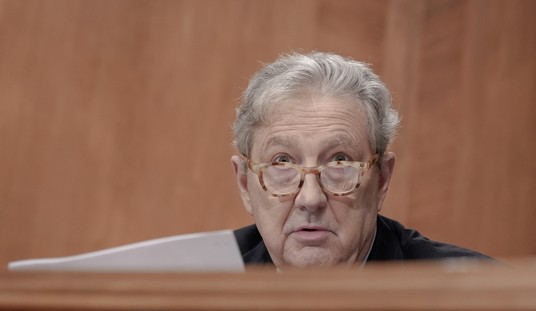

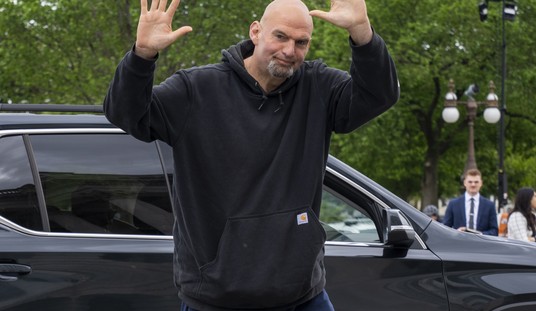
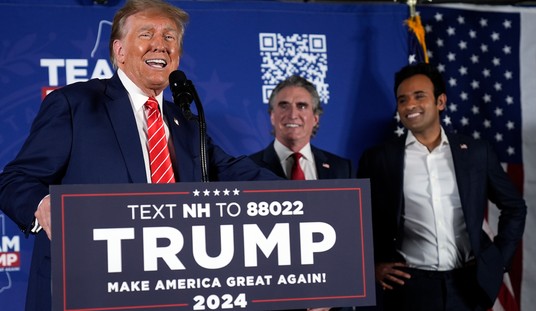
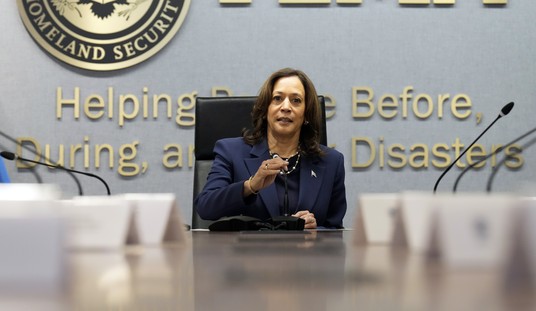
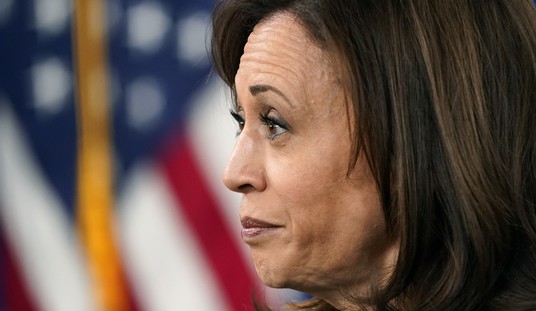

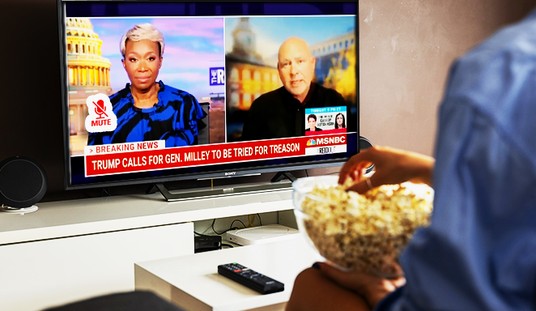

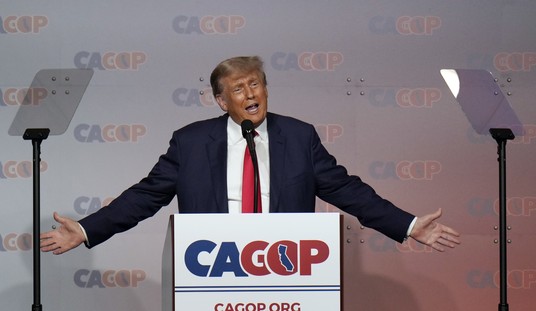
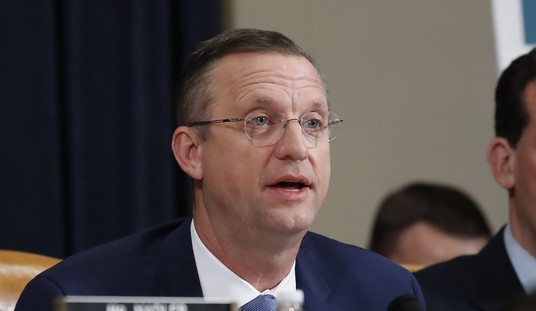
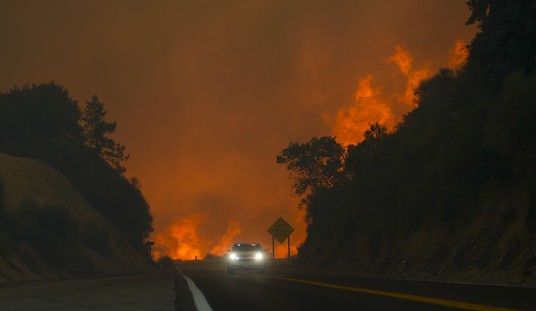
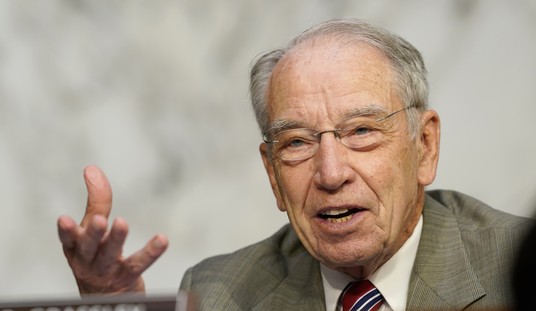
Join the conversation as a VIP Member